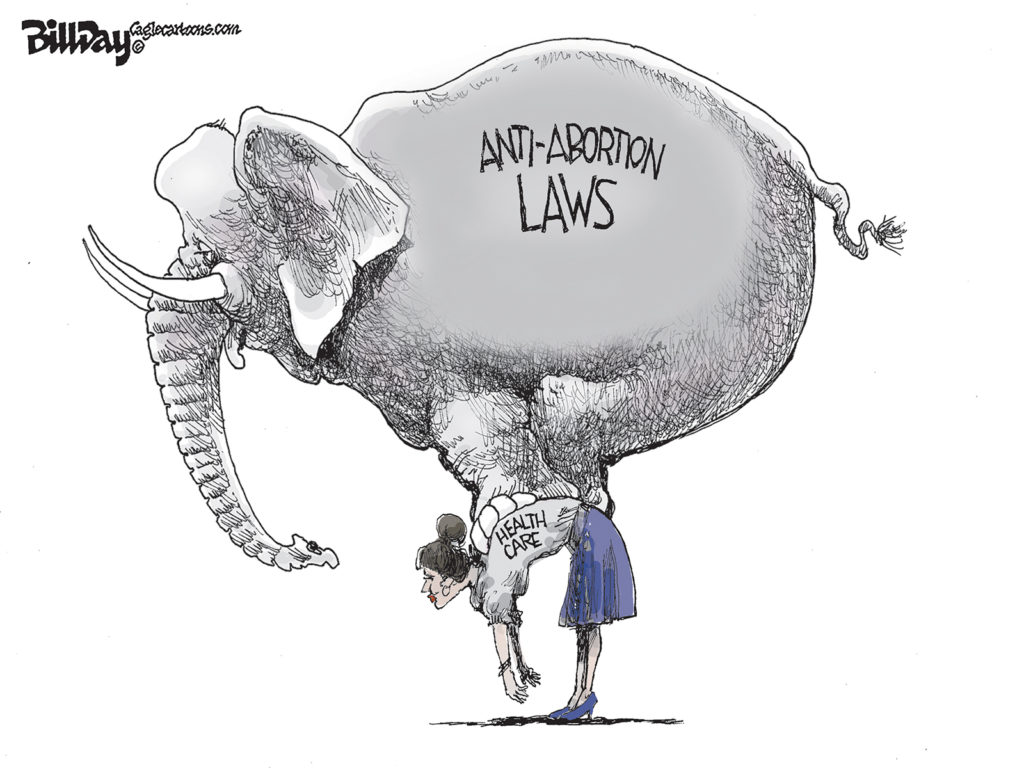Memphis city government has a chronic case of what political pundits call the John Kerry syndrome.
It’s when the truth falls victim to an impenetrable conventional wisdom so engrained in the public psyche that anecdotes have more power than the facts. Here it’s not talk about Purple Hearts but red ink in City Hall.
It’s seen in the mantra that Memphis’ tax rate is high because City Hall is too inefficient, wastes too much money, and hires too many cronies. Any fact to the contrary gets little traction, much less interest, from the news media and the public.
Don’t Confuse Me with the Facts
It also breeds simple answers that defy the depths of the challenges facing city officials. Years ago, a former mayor of Germantown, speaking to Leadership Memphis, said that if the long-time principal of Germantown High School, Ernest Chism, were in charge of Northside High School, the urban students would score the same as suburban students. The class laughed, but even today, suburban mayors officials continue to suggest that they have the answers to better government for Memphis.
For example, opponents of consolidation of Memphis and Shelby County governments contend that city government should get its financial house in order before a vote on a new government should be held. And yet, the per capita cost for City of Memphis government is half the cost of Germantown and one-third less than Collierville, and despite public opinion to the contrary, in the past 20 years, property tax increases in Memphis have been few and far between (and smaller percentages than several county towns).
Of course, the dominating presence of city government in the news does not mean that waste and cronyism don’t exist in the suburbs. It just means City Hall is where the magnifying glass is focused, but it rarely picks up news that doesn’t fit the preexisting narrative – such as massive cuts in employees in the Division of Planning and Development or the $120 million in federal funds that has reinvented public housing here into mixed-use developments.
All of this doesn’t mean that Memphis Mayor A C Wharton isn’t right in his recently announced plan to cut the Memphis workforce, increase efficiency, and save money. City Hall insiders say that although the Wharton Administration is confident in the success of their agenda, they have been stunned by what they have found as a result of eight years of City Hall running on auto pilot under former Mayor Willie W. Herenton.
These days, Mayor Wharton feels like the captain of the Andrea Gale, because he too is in the middle of the perfect storm. The recession has shaken the city’s finances to the core, as its major sources of income – property taxes and sales taxes – dry up.
Blowin’ in the Wind
There are high commercial vacancy rates, the epidemic of foreclosures has left 60,000 vacant houses, median household income has been flat since 1990; poverty is climbing, especially among children; five middle class families and five college-educated 25-34 year-olds leave Memphis daily; and about $25 million in city taxes is waived in tax freezes to business. To top it off, the Ponzi scheme that is city annexation policy is collapsing as the expected riches from new taxpayers are unable to back fill the increased costs of an urban core that is less dense, much less the costs of services to the newly-anexed area.
The convergence of these trends were under way already but the recession has super-charged them. Developing the city budget in the midst of the current economy is like changing a tire on a car going 70 miles per hour. Or at least finding a way to change tires without spending $1 million a year in one of the peculiar contracts Mayor Wharton inherited from the Herenton Administration.
In addition to changing contracts like it, Mayor Wharton plans to cut costs by pursuing functional consolidations within city government such as eliminating multiple motor pools, collecting more than $100 million in delinquent City Court fines, and right-sizing facilities. In addition, the Wharton Administration will look at another reason Memphis property taxes are higher than many cities – user fees are among the lowest in the U.S. .
As Mayor Wharton understands, there’s no job more important for him than in leveraging his good will to build into a new confidence in city government. He’ll do it by showing results, but he’ll also have to educate Memphians that when it comes to their government, nothing is as simple as it appears.
This post was published as the City Journal column in the April issue of Memphis magazine.



Yes. The budget process is a problem as a result of years of lost investments in the City of Memphis and annexation of territory, which was allowed to develop by the Memphis City Council without considering the fiscal impact of such development.
Memphis has the power to control development through zoning up to 5 miles beyond its border, but the City Council either does not understand this responsibility or has been bribed into allowing just about anything proposed.
What are user fees and how do they impact our property taxes?
Harvey:
I think SC is refering to things like Garbage Pick-up and Sewer/Water Treatment Fees. I am pretty sure both of these are considerably lower than the national average and our peer metro-cities.
We offset the costs through higher property taxes in some cases.
I think the obvious one is water. Water is so cheap, you can practically just leave it running and your bill isn’t going to shock you. That puts a stain on the system while producing little municiple revenue. If it costs more, people will change their habits, conserve and pay closer to what the service is worth.
There are probably other, more obscure examples like application filing fees, permit fees, inspection fees but the water and trash may be the easiest to explain.
I am truly ignorant as to how “the other half” lives. Are the individuals who utilize government subsidized housing impacted by service fees at the same rate as the rest of the public?
I’m really asking a question here- not trying to make a point.